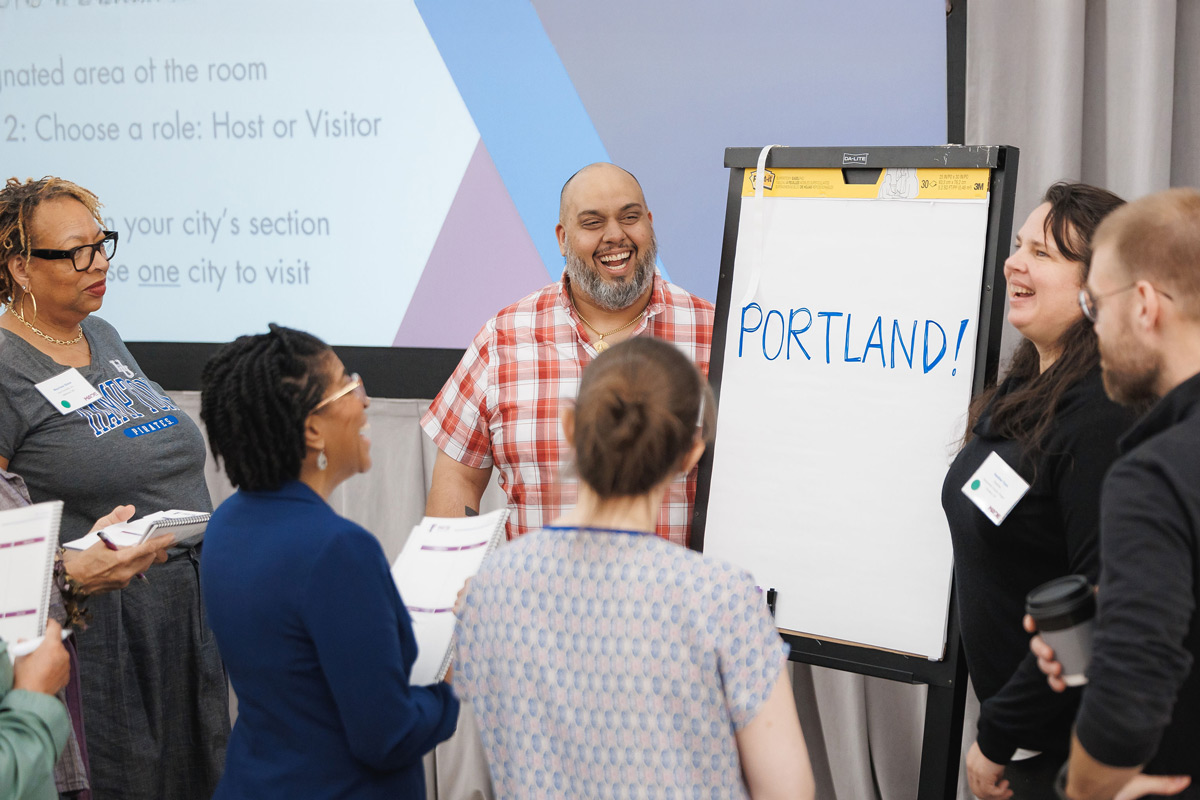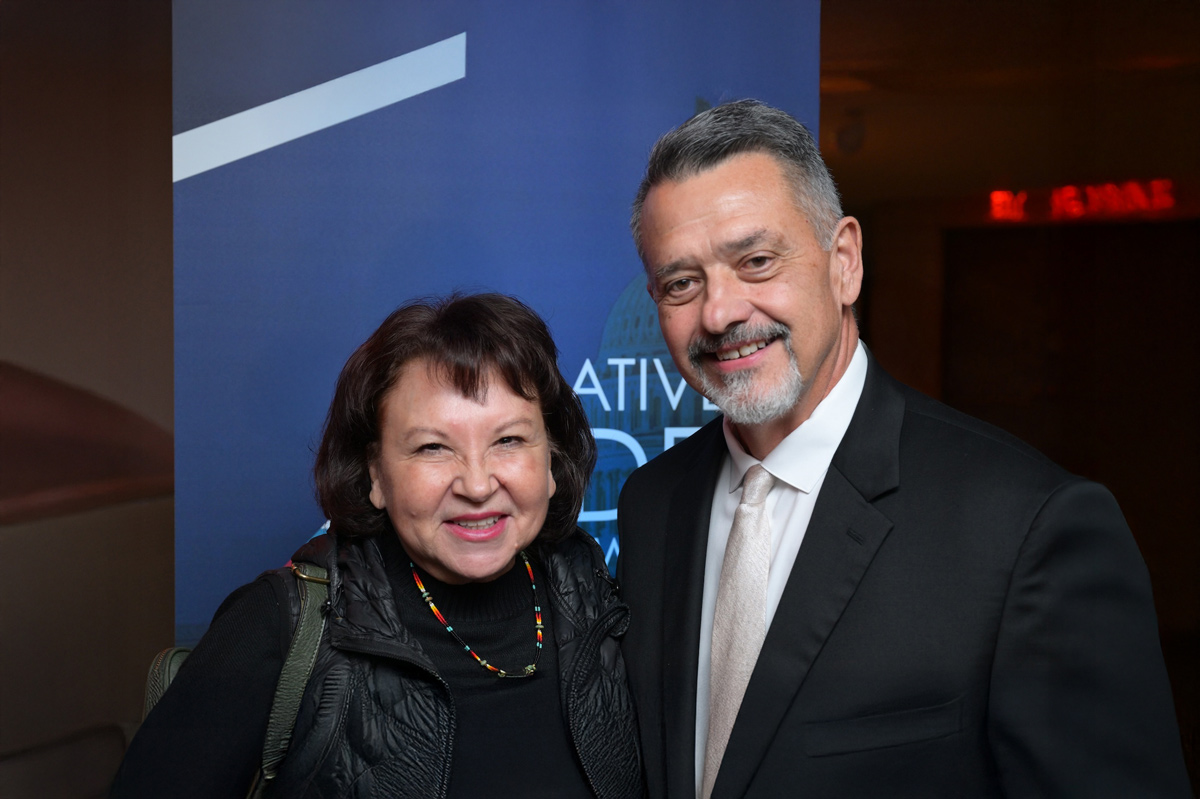Priority Communities
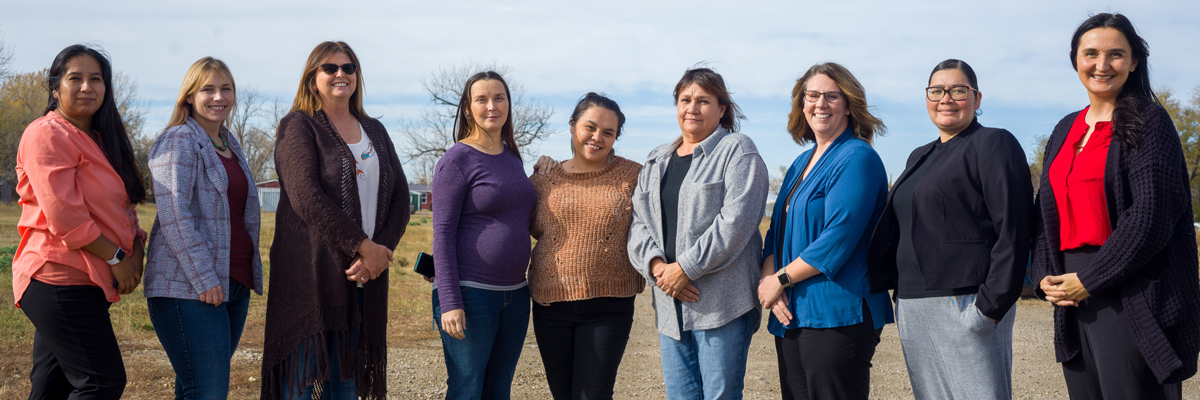
Our Priority Communities
They are excluded by systems designed to deny them access to resources, power over decisions that shape their futures, and respect for their cultures and ways of life.
Because of this, longstanding disparities in our region of eight states and 76 Native nations continue to grow—with more hardworking families experiencing poverty, while the powerful and privileged amass unprecedented wealth.
Our grantee partners work with our priority communities by reimagining and restructuring unjust systems—to serve, support, and heal people and communities. This work advances self-determination by building the power of people and communities to liberate themselves from policies, practices, and beliefs designed to disadvantage them.
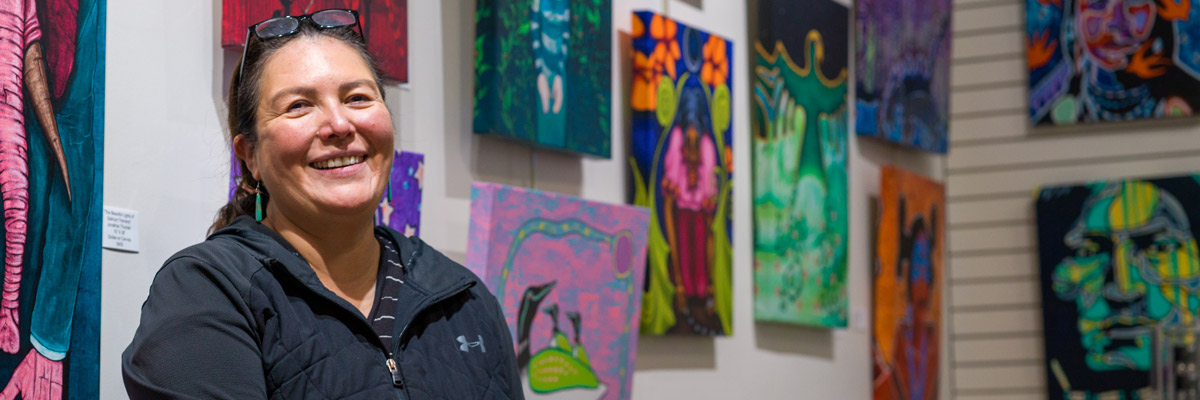
Native Americans
Native-led organizations in our region are transforming the economic opportunities in their communities.
Akiptan is a certified Native Community Development Financial Institution (CDFI) dedicated to financing Native Americans in agriculture. Akiptan is looking to transform finance in order to set up Native Americans for success on terms that work for them, paired with the technical assistance they need.
The Native American Youth and Family Center (NAYA) is dedicated to culturally grounded approaches to support the holistic well-being of Native American communities in Portland. It provides a continuum of services, including housing and economic justice initiatives, to build both individual and community wealth while fostering self-determination and resilience.
Native360 Loan Fund Inc., a regional lender based in Grand Island, NE, whose service area includes Native communities in our region, has been an NWAF grantee since 2016. The organization provides affordable credit, capital, technical assistance, and related programs to Native Americans, encouraging them to become strong, self-sufficient business owners. NWAF support focuses on Native360’s work with Native entrepreneurs in Iowa and south-central South Dakota.
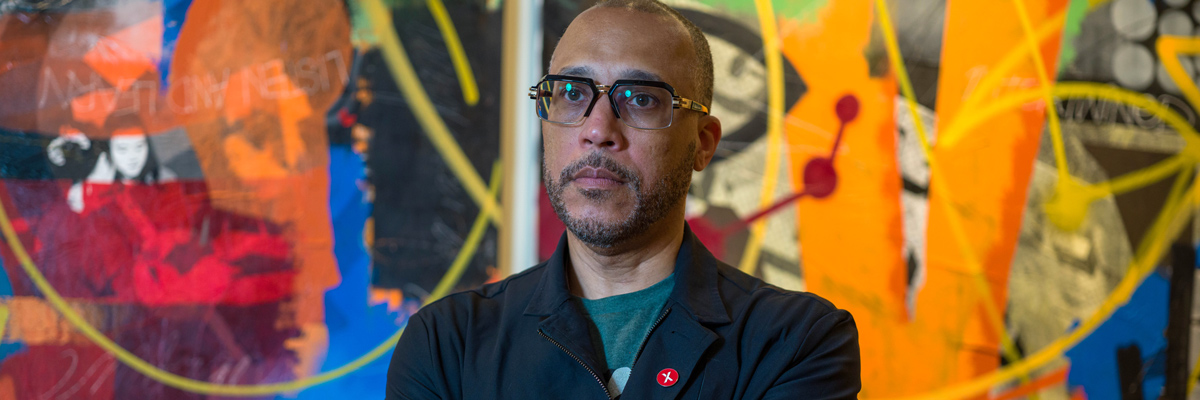
Communities of Color
The resilience of communities of color is the engine behind organizations that create economic opportunity through a wide range of innovative and progressive strategies.
The AAPI Civic Engagement Fund empowers Asian American and Pacific Islander (AAPI) communities by supporting local and state-based organizations with resources for civic engagement, leadership development, and advocacy. Through strategic funding, technical assistance, and initiatives like voter outreach and countering disinformation, the fund aims to foster a vibrant, multiracial democracy while prioritizing the leadership of AAPI people and building collective community power.
Byrd Barr Place nurtures a more equitable Seattle through programs and advocacy that enable people to live healthier, prosperous lives. It provides basic human services, organizes community members to fight segregation, and leads systems change efforts to combat racial injustice.
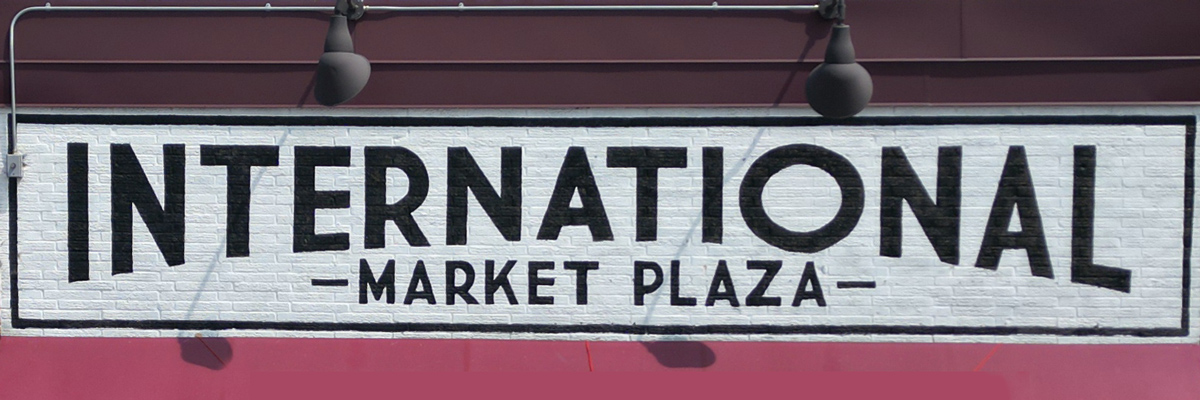
Immigrants
Immigrant communities from across the globe have built their lives and homes in our region, creating a bedrock for the future.
African Economic Development Solutions (AEDS) supports African immigrants in Minnesota by promoting economic empowerment and community revitalization. AEDS provides culturally tailored programs, including business development training, technical assistance, financial literacy education, and access to capital. Its efforts help entrepreneurs overcome systemic barriers, create jobs, and contribute to the economic growth of historically under-resourced neighborhoods, fostering a more inclusive and equitable economic landscape.
The Immigrant Development Center’s (IDC) mission is to build capacity of business and economic skills within the immigrant and refugee population, ultimately leading to economic self‐sufficiency. The International Market Plaza (IMP)—a project of IDC—achieved IDC’s overall mission by creating jobs and small businesses, which provides sustainable revenue for low‐income immigrants and refugees, leading to economic independence. The IMP is a small business incubator where businesses are supported through access to shared technology, resources, space, and technical assistance.
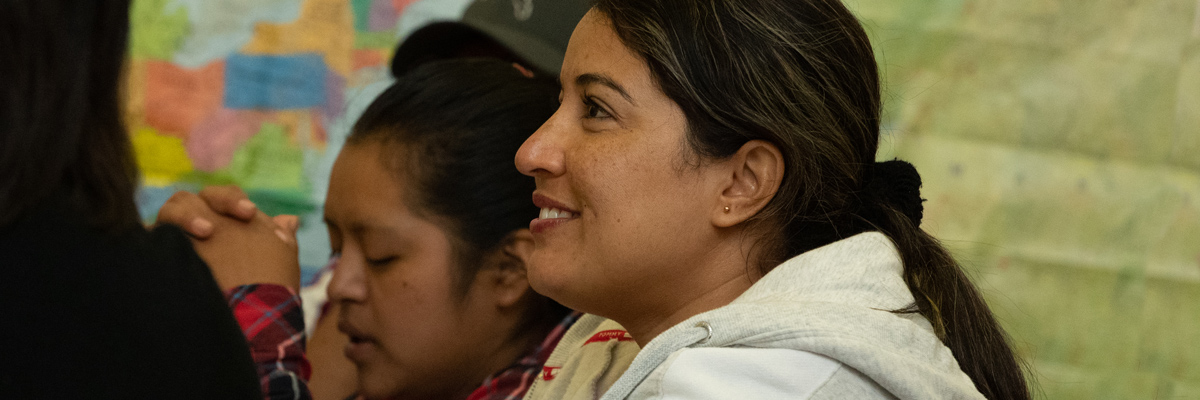
Refugees
Our region has long been home to refugees who have settled here and created vibrant communities.
ESHARA (Ethnic Self-Help Alliance for Refugee Assistance) is a social justice organization committed to offering culturally relevant, community-led programs for immigrant and refugee communities in Minnesota and North Dakota.
Global to Local (G2L) of SeaTac, WA, provides programs and interventions to improve health, lower the cost of care, and empower underserved communities across the country. NWAF support bolsters G2L’s efforts to strengthen existing work and remain responsive to the evolving needs of the communities it serves.
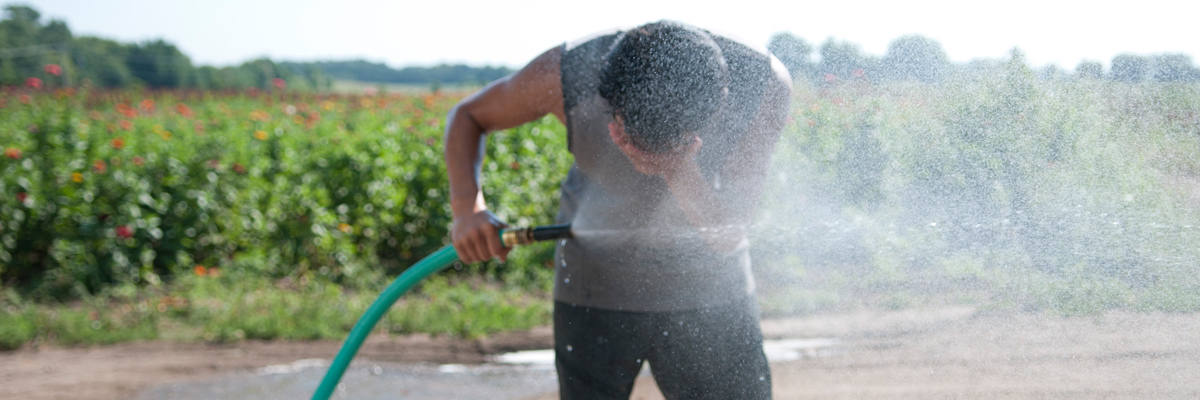
People in Rural Areas
The vast rural expanses of our region are home to individuals and families—newly arrived or from a long line of ancestors—and all sharing the powerful resourcefulness of the Northwest.
Rural Community Development Resources provides business assistance to low-income entrepreneurs in rural, immigrant communities in Central Washington State. It offers language and culturally sensitive one-on-one business coaching, business plan development, financial education and training, and access to capital.
Rural Organizing Project (ROP) of Cottage Grove, OR, fosters a multi-issue, rural-centered, grassroots base across Oregon. NWAF support enhances ROP’s community organizing to help build justice in rural Oregon.
Breaking from Business as Usual
Grantees from our priority communities build upon the unique assets of their communities and cultures to redefine and reach success on their own terms. We honor their histories, respect their perspectives, and value their experiences.
Their holistic approach to the work not only builds equitable economies, it also lifts up the voices of their communities, strengthens their health and well-being, and liberates them from policies and practices designed to disadvantage them.

